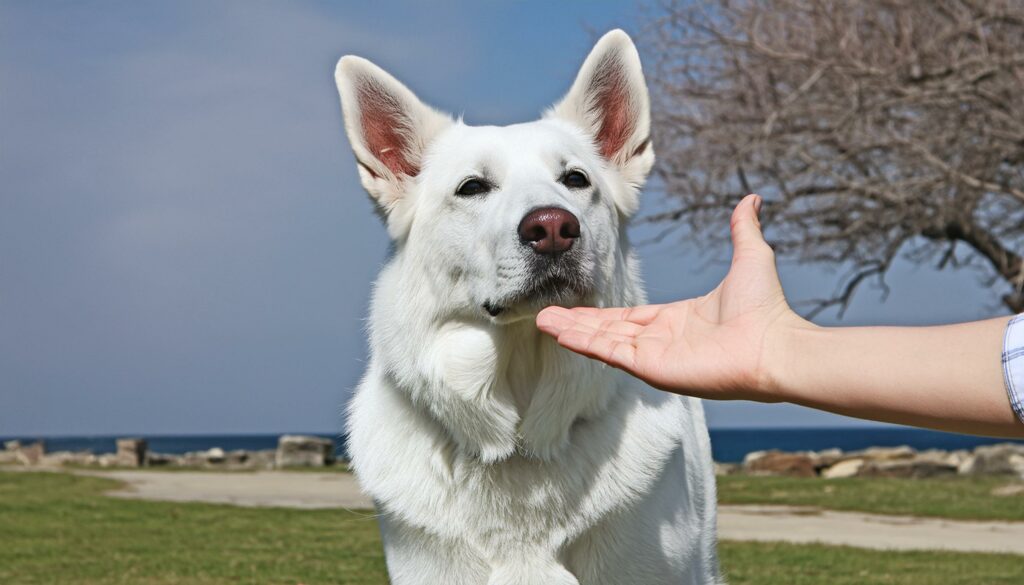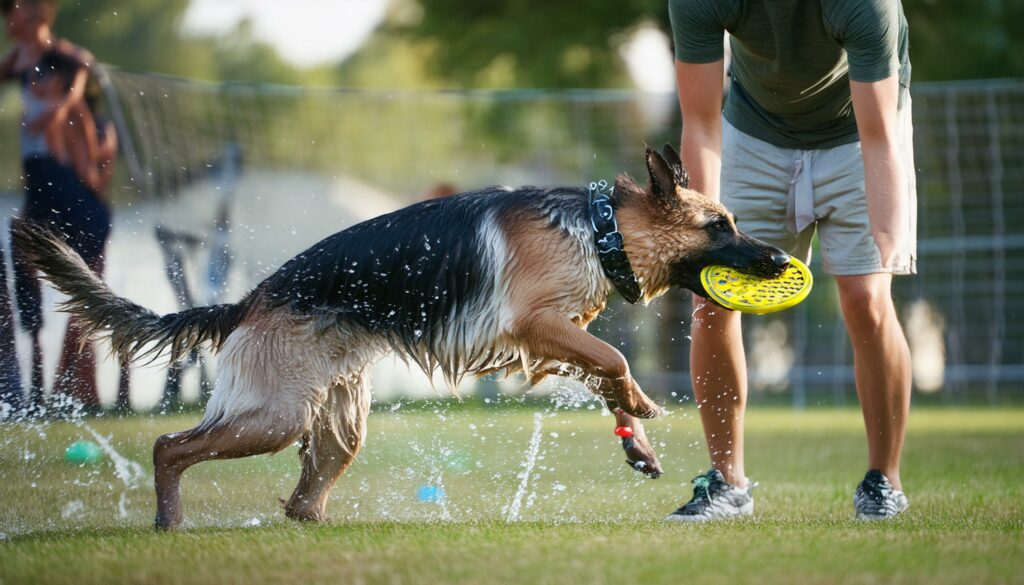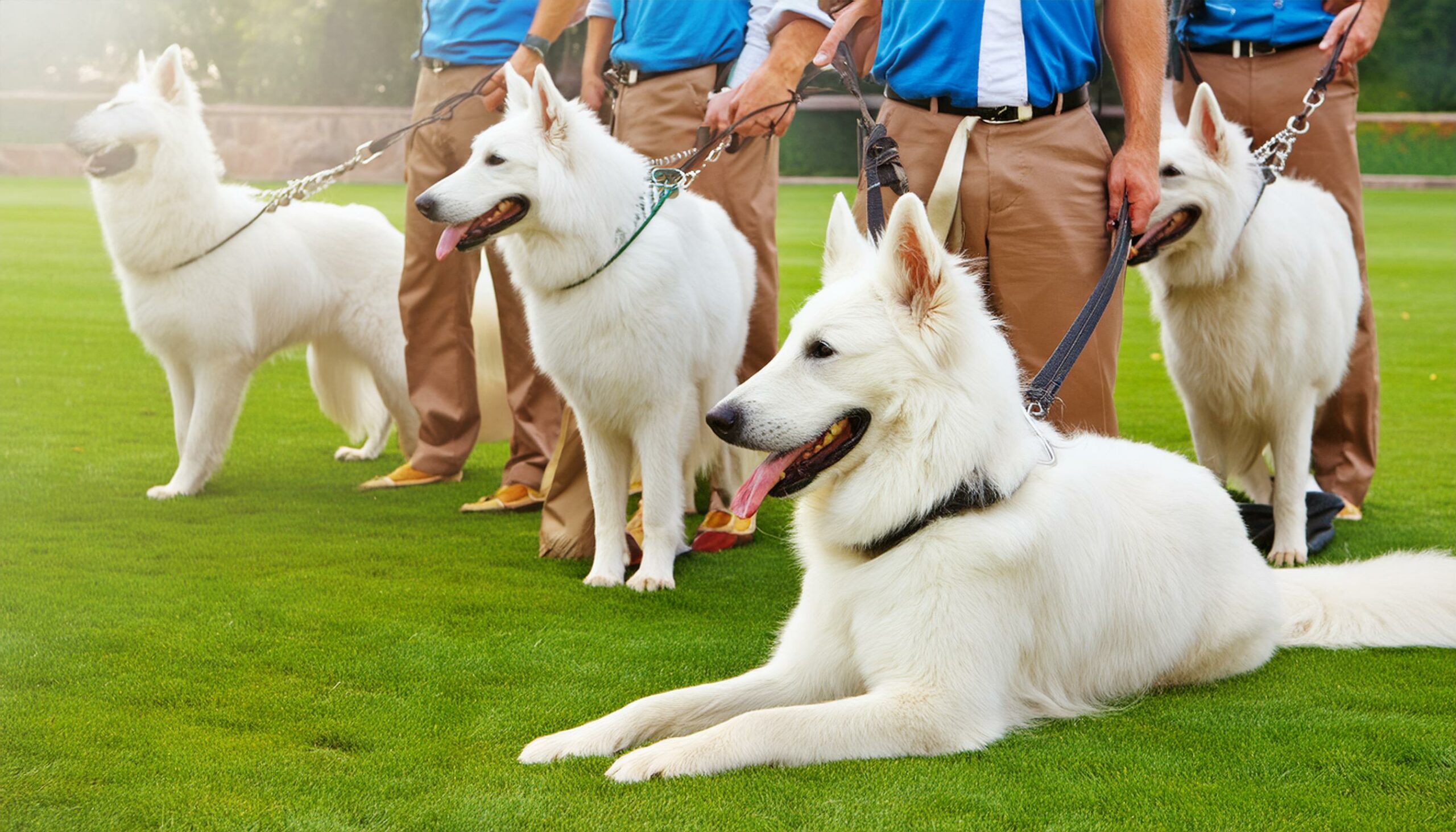German Shepherds are a remarkable breed known for their intelligence, versatility, and unwavering loyalty. Originating in Germany in the late 19th century, they were initially bred for herding sheep but have since evolved into one of the most versatile working dogs globally. From police and military work to search and rescue missions, therapy, and competitive sports, German Shepherds excel in a wide range of roles.
History of German Shepherds
The history of German Shepherds is closely tied to Captain Max von Stephanitz, a German cavalry officer who envisioned creating the ultimate herding dog. In 1899, he founded the Verein für Deutsche Schäferhunde (Society for the German Shepherd Dog) and developed the breed standard for German Shepherds. Through selective breeding, Stephanitz aimed to produce a versatile working dog with traits like intelligence, strength, agility, and loyalty. German Shepherds gained popularity not only in Germany but also worldwide, thanks to their exceptional abilities and adaptability.
Characteristics of German Shepherds

Intelligence
German Shepherds are renowned for their exceptional intelligence and quick learning abilities. They have a strong desire to please their owners and thrive on mental stimulation. This intelligence makes them highly trainable for a variety of tasks, from obedience and agility to complex work in law enforcement and military operations.
Strength and Agility
With their muscular build and agile physique, German Shepherds possess impressive strength and agility. These traits enable them to excel in physically demanding roles such as police and military work, where they may need to chase down suspects or navigate challenging terrain.
Loyalty
German Shepherds are famously loyal and devoted to their owners and families. They form strong bonds with their human companions and are fiercely protective when it comes to their loved ones. This loyalty, combined with their natural guarding instincts, makes them excellent watchdogs and guardians.
Versatility in Training
German Shepherds are incredibly versatile and can be trained for a wide range of roles and tasks, including:
Police and Military Work
German Shepherds are widely used in law enforcement and military operations around the world. They serve as police K-9s, assisting officers in various tasks such as apprehending suspects, detecting drugs and explosives, and tracking missing persons. Their keen sense of smell, intelligence, and agility make them invaluable assets in these high-pressure situations.
Search and Rescue
German Shepherds’ keen sense of smell and exceptional tracking abilities make them well-suited for search and rescue missions. Whether searching for lost hikers in the wilderness or locating survivors in the aftermath of natural disasters, German Shepherds play a vital role in saving lives.
Service Dogs
German Shepherds are also trained as service dogs to assist individuals with disabilities. They can be trained to perform tasks such as guiding the visually impaired, alerting to medical emergencies such as seizures, providing mobility assistance, and offering emotional support to those in need.
Obedience and Agility Competitions

In addition to their working roles, German Shepherds participate in obedience and agility competitions worldwide. These events showcase their intelligence, athleticism, and precision in executing commands and navigating obstacles with speed and accuracy. German Shepherds often excel in these competitions, thanks to their keen intelligence and eagerness to please their handlers.
Herding
Despite their evolution into versatile working dogs, German Shepherds retain their herding instincts. They have a natural ability to control and move livestock, making them excellent herding dogs. Whether herding sheep on a farm or competing in herding trials, German Shepherds demonstrate precision, control, and agility in guiding animals.
Therapy Work
German Shepherds’ gentle demeanor and empathetic nature make them well-suited for therapy work. They visit hospitals, nursing homes, schools, and other facilities, providing comfort, companionship, and emotional support to patients, residents, and students. Their presence can help reduce stress and anxiety and improve the overall well-being of those they interact with.
Conclusion
German Shepherds are truly remarkable dogs, known for their intelligence, versatility, and unwavering loyalty. From their humble beginnings as herding dogs in Germany to their widespread roles in various fields today, German Shepherds continue to impress with their exceptional abilities and willingness to serve. Whether they’re working alongside law enforcement officers, rescuing people in distress, competing in sports, or providing comfort to those in need, German Shepherds leave an indelible mark with their remarkable talents and endearing personalities.
FAQs
Are German Shepherds suitable for families with children?
Yes, German Shepherds can make excellent family pets, especially when raised with children and properly trained and socialized from a young age. They are loyal, protective, and often form strong bonds with children.
Do German Shepherds require a lot of exercise?
Yes, German Shepherds are an active and energetic breed that requires regular exercise to stay healthy and happy. Daily walks, playtime, and mental stimulation are essential to keep them physically and mentally engaged.
Are German Shepherds aggressive?
German Shepherds are not inherently aggressive, but like any dog breed, their temperament can vary depending on factors such as genetics, upbringing, and socialization. Early training, proper socialization, and responsible ownership are crucial in preventing behavioral issues.
How long do German Shepherds typically live?
The average lifespan of a German Shepherd is around 9 to 13 years, although individual longevity can vary depending on factors such as genetics, diet, exercise, and healthcare.
Are German Shepherds prone to any health issues?
While generally healthy, German Shepherds may be predisposed to certain health issues such as hip dysplasia, elbow dysplasia, degenerative myelopathy, bloat, and various skin conditions. Regular veterinary check-ups and a nutritious diet can help mitigate these risks and ensure the overall well-being of the dog.
